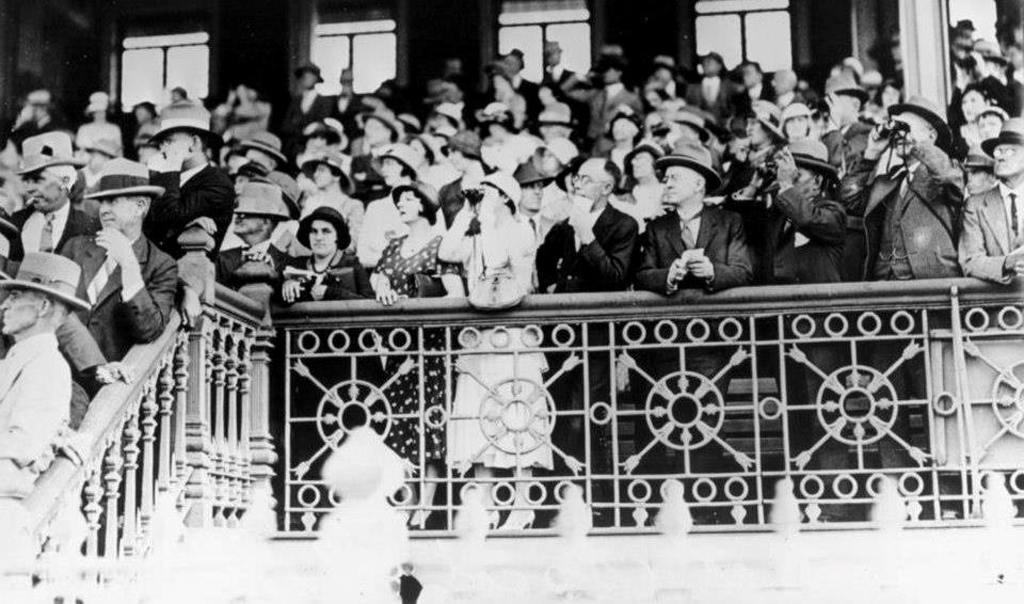The Australian Taxation Office released TR 2022/2 on 14 September 2022, a public taxation ruling on the games and sports tax exemption.
The ruling sets out when the ATO considers that sporting clubs are exempt from paying corporate income tax. This new ruling significantly improves on the previous ruling, TR 97/22. Impacted clubs – such as leagues clubs, football clubs, golf clubs, bowls clubs and sports clubs – are strongly encouraged to consider whether the new ruling better supports the merits of them qualifying as tax exempt and should seek taxation advice in this regard. There are a number of factors you must consider, objectively weighing up the factors that determine the main purpose of a club of encouraging a game or sport.
This ruling has immediate effect and can be used for all years commencing both before and after the date of issue. From 1 July 2023, clubs with an active ABN will need to complete an annual online self-review form.
TR 2022/2 can be found here.
The previous ruling TR 97/22
The previous ruling effectively denied the exemption to licensed clubs with large scale social and recreational facilities. This is because the previous ruling emphasises the character of the club’s activities rather than how the club uses surpluses generated from those commercial activities. Typically these clubs (prior to TR 2022/2) utilised the mutuality principle calculated with the Waratahs formula to only pay tax on non-member taxable income.
What has changed in the new ruling?
The new ruling now explicitly acknowledges that clubs can be tax-exempt if they have a ‘separate entity arrangement’ — that is, if a licensed “supporters’ club” gives financial support to a related “football club” but does not otherwise conduct sporting activities itself. The new ruling favours actual involvement of the supporters club (from both supporters club members and interestingly the board) as opposed to only financial assistance.
Importantly, the new ruling explicitly recognises that generating surpluses through commercial activities, and using those funds to facilitate sporting activities, are a legitimate form of encouraging sport.
What does this mean for sporting clubs?
For the many sporting clubs who are already tax-exempt (under S50-45 of the ITAA 1997), the new ruling is unlikely to affect the club’s tax status.
Sporting clubs which do not currently assess themselves as tax exempt, such as those with a greater scale of commercial operations, are encouraged to reconsider their tax status in light of the new ruling and seek professional advice in this regard.
If there is some doubt, the data to calculate the Waratahs formula should be sought and kept as a backup.
If you have any questions regarding the above, please contact Director of Business Services and Taxation Steve Gagel on 0414777660 or email at sgagel@prosperity.com.au.



